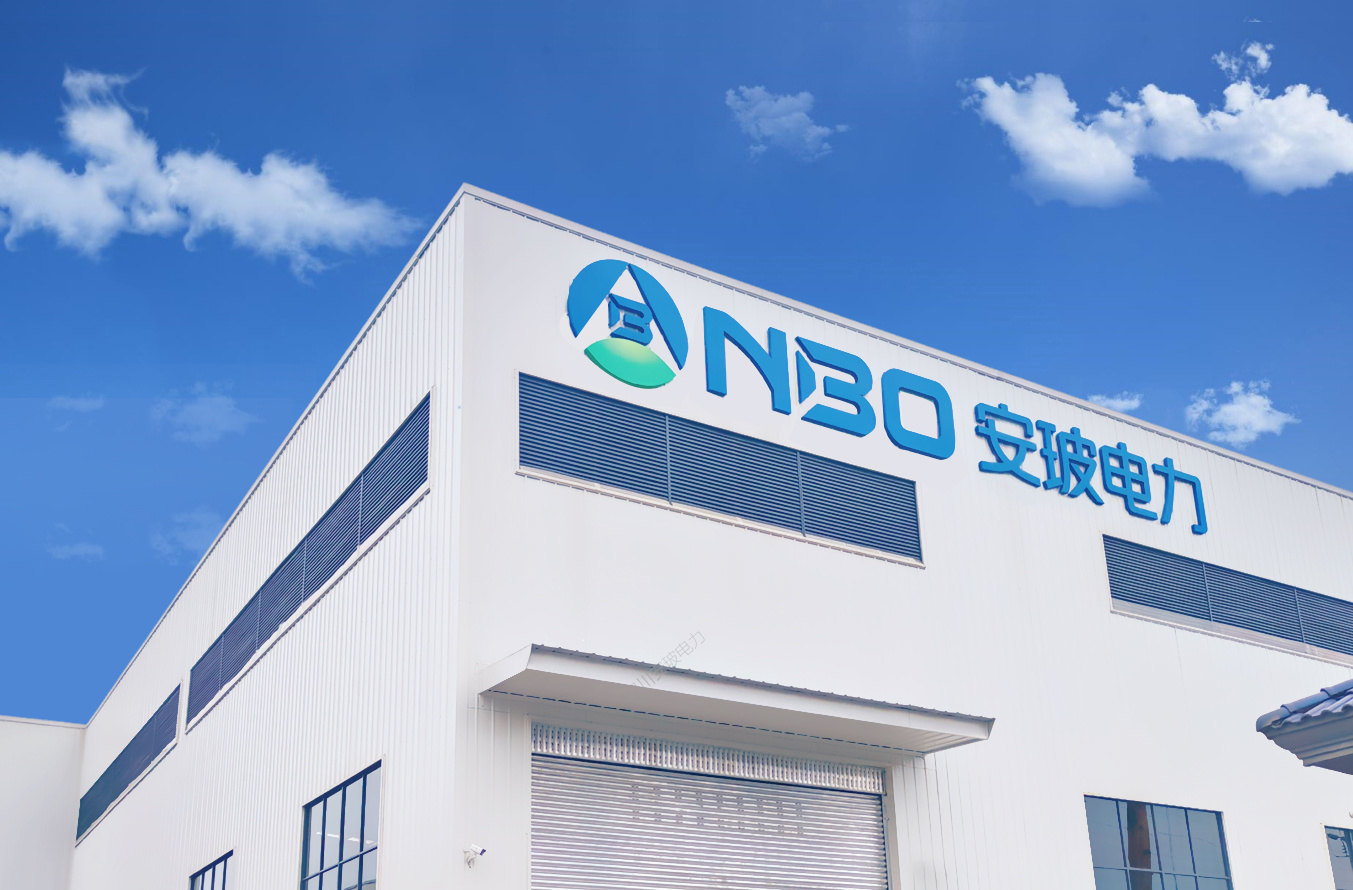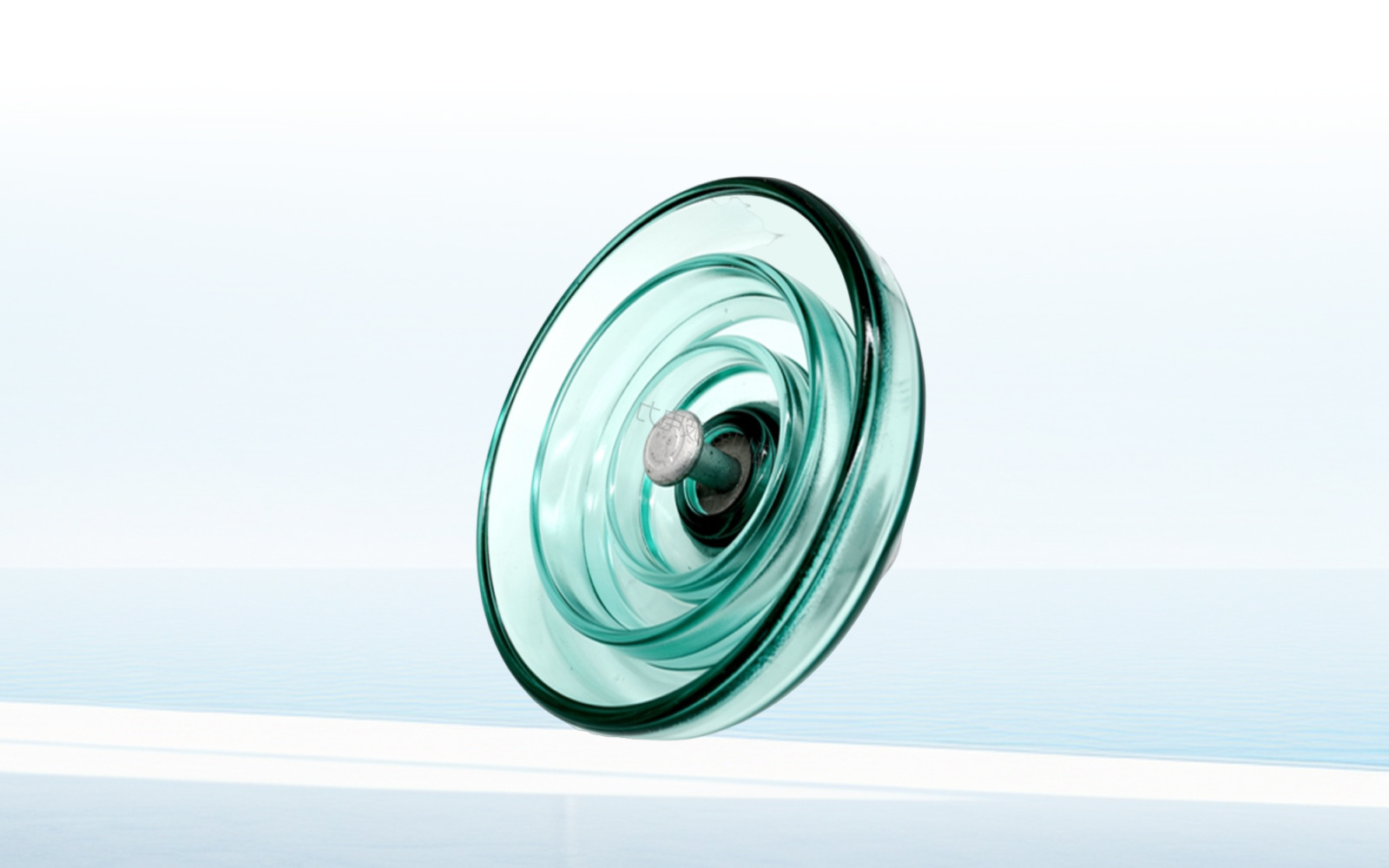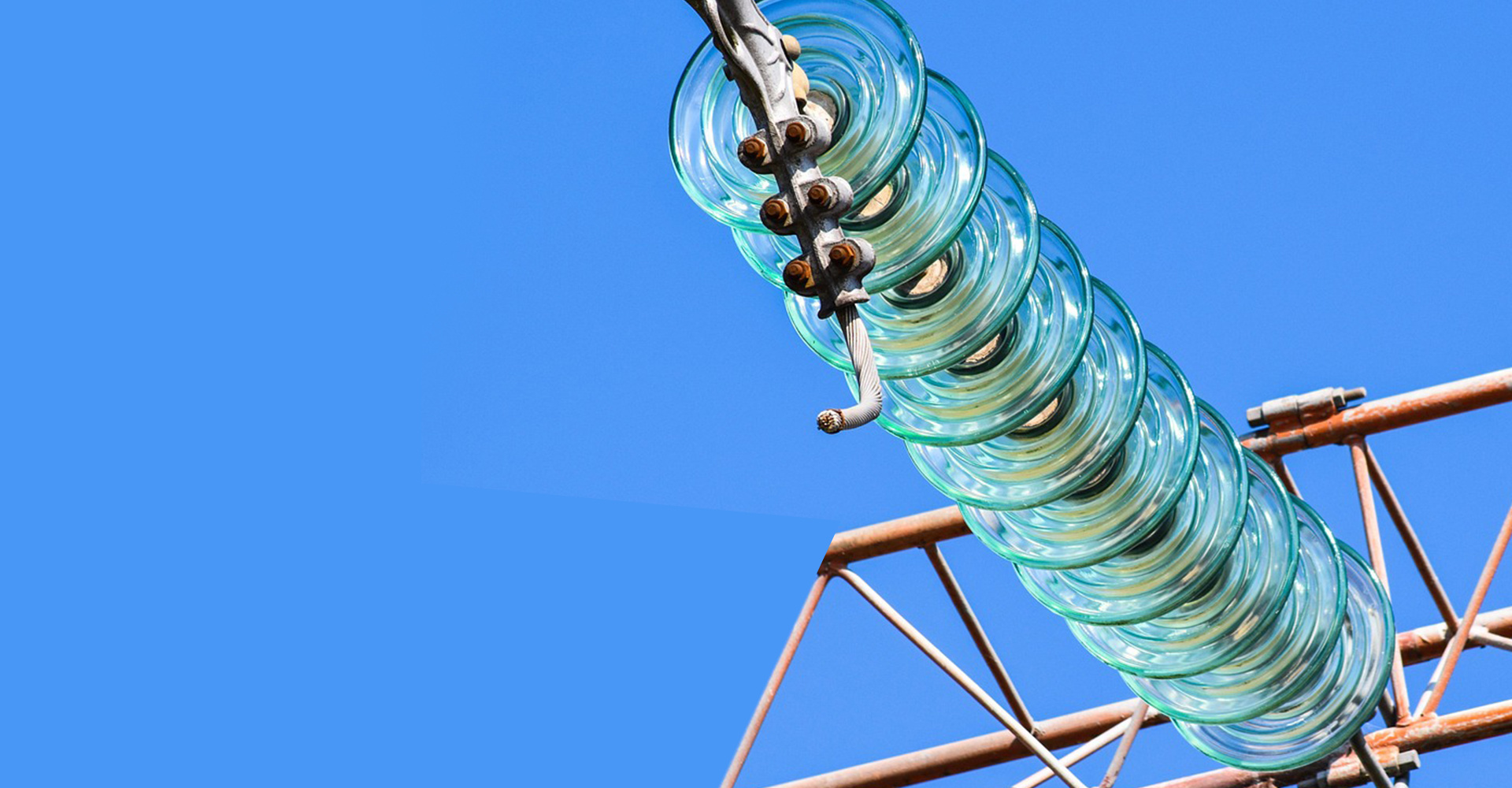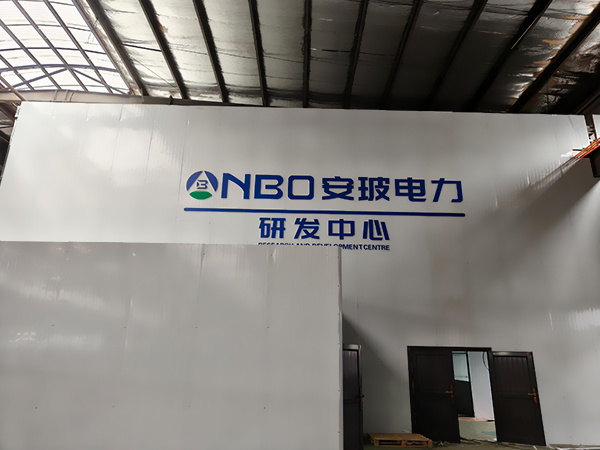China has a large demand for insulators, and the market competition for high-voltage and above products is relatively stable.
Published time:
2022-01-10
An insulator is an insulating component installed between conductors at different potentials or between conductors and grounding components that can withstand voltage and mechanical stress.

Insulators are insulating components installed between conductors of different potentials or between conductors and grounding components, capable of withstanding voltage and mechanical stress. Insulators play a crucial role in the power industry and are widely used in power generation, substations, transmission, and distribution. External energized conductors of various electrical equipment require insulators.
Classified by material, insulators can be divided into ceramic insulators, glass insulators, and composite insulators. Ceramic insulators were the first to be used, characterized by high mechanical strength, high surface smoothness, and good waterproofness; glass insulators are made of tempered glass, and if they are electrically broken down or cracked, they can "self-explode", eliminating the need for "zero-value" detection; composite insulators have advantages such as small size, light weight, high mechanical strength, high tensile strength, and excellent anti-fouling flashover performance. The three types of insulators have their own characteristics and are used in different scenarios, all with significant demand.
Insulator applications include the needs of new power grids and the maintenance needs of existing power grids. By the end of 2020, the total length of 220 kV and above transmission lines in China was 794,118 kilometers. There is a large demand for insulator replacement during grid maintenance. During the "14th Five-Year Plan" period, the State Grid and the Southern Power Grid plan to invest 2.90 trillion yuan in the power grid construction sector. China's new power grid construction scale, represented by ultra-high voltage, remains large, and the demand for technological upgrades of existing transmission lines continues to expand, benefiting the development of the new insulator market.
The functions of insulators mainly include electrical insulation and mechanical fixation. Due to long-term exposure to the natural environment and various climatic conditions, the working environment is harsh. Insulators need to have excellent mechanical properties, electrical properties, and quality stability, otherwise it will affect the safe and stable operation of transmission lines. For example, under specified operating conditions, insulators must not be punctured or surface flashover; during the specified service life, the insulator's performance remains stable without damage or significant cracking.
According to the "2022-2026 Insulator Industry In-depth Market Research and Investment Strategy Recommendation Report" released by Xinsijie Industry Research Center, insulators used in high-voltage and ultra-high-voltage transmission lines have higher technical content and the market pays the most attention to product quality. There are relatively few manufacturers in China, and the market competition is moderate. Some products still rely on imports; insulators used in medium and low-voltage transmission lines have lower technical content, and there are many manufacturers in China, with fierce market competition, especially in the low-voltage insulator market.
Industry analysts from Xinsijie indicate that the major insulator manufacturers in the Chinese market include Dalian Dianci, Suzhou Dianci, Inner Mongolia Jingcheng, Jinli Huadian, Shenma Electric Power, Nanjing Electric Power, Zhejiang Tailun, Gaoneng Electric, and Zibo Taiguang. Among them, Dalian Dianci, as one of the leading enterprises in China's insulator industry, has independently developed products such as 840kN porcelain insulators and 1100kV ultra-high voltage composite insulators, which helps to improve the domestic production rate of high-voltage and ultra-high-voltage insulators in China.
Recommended News






